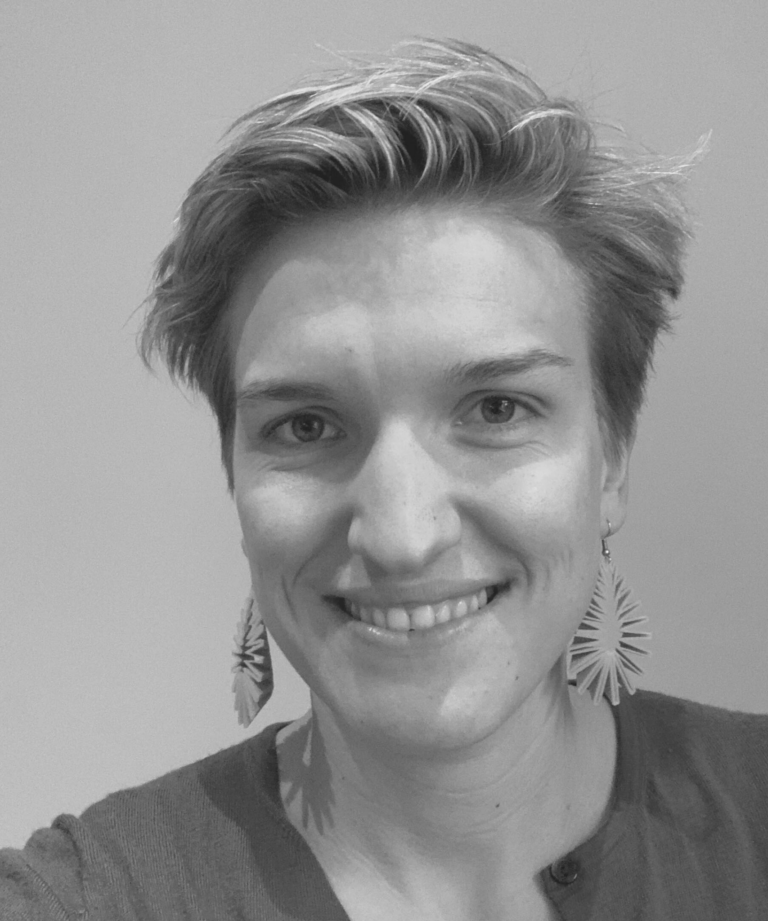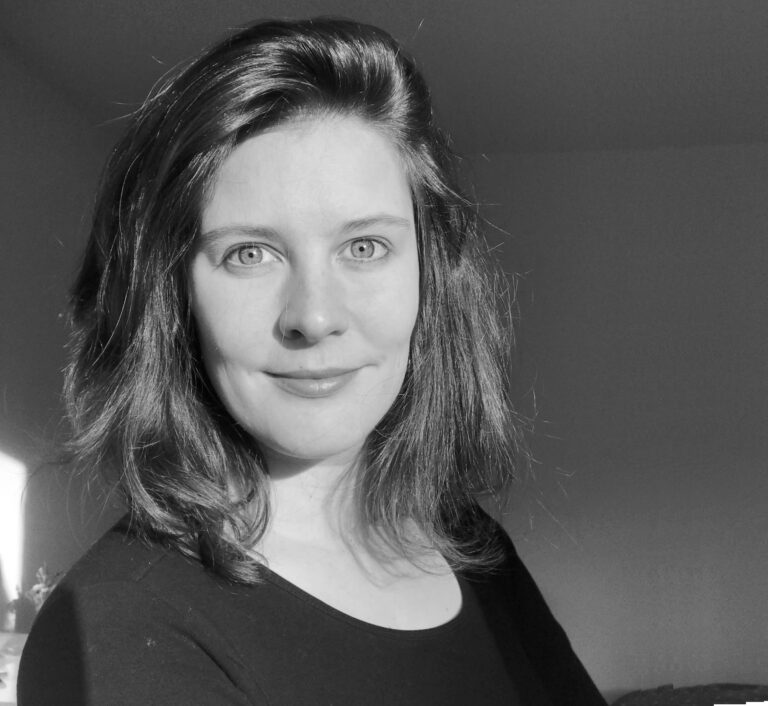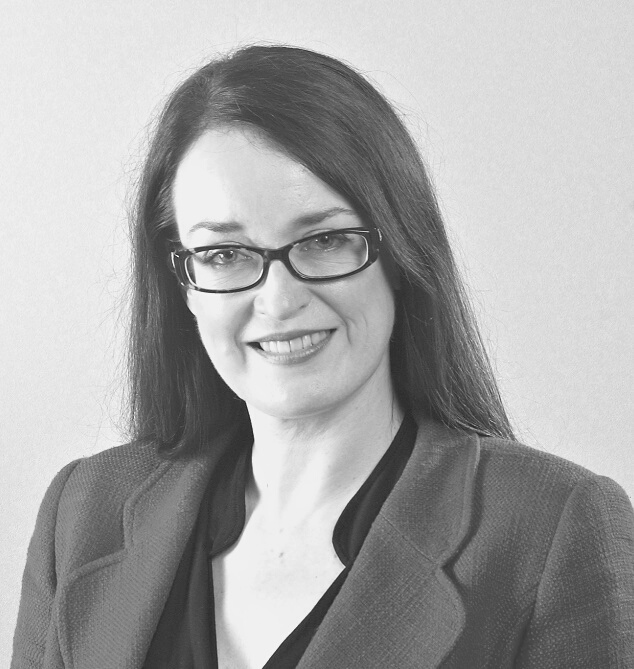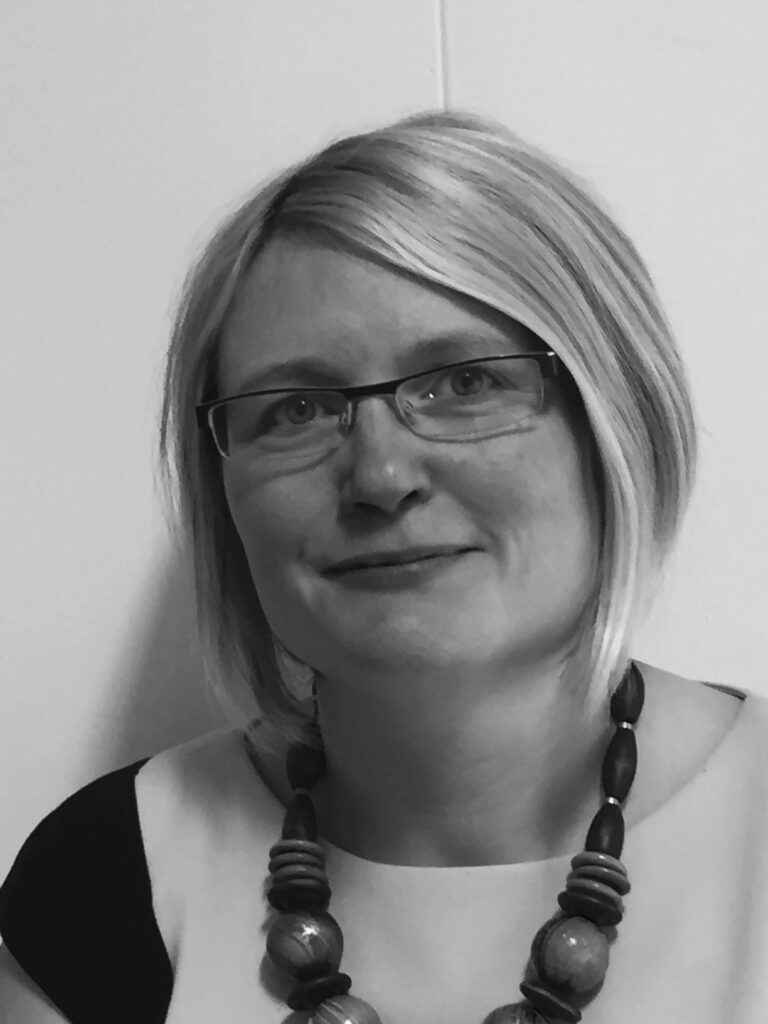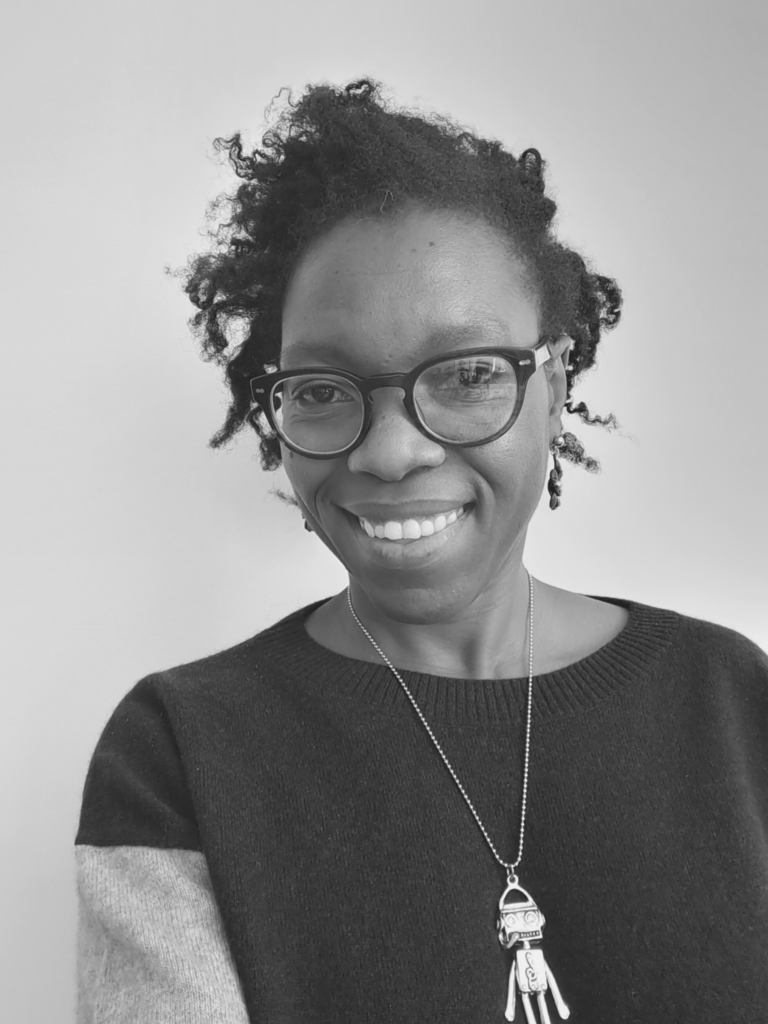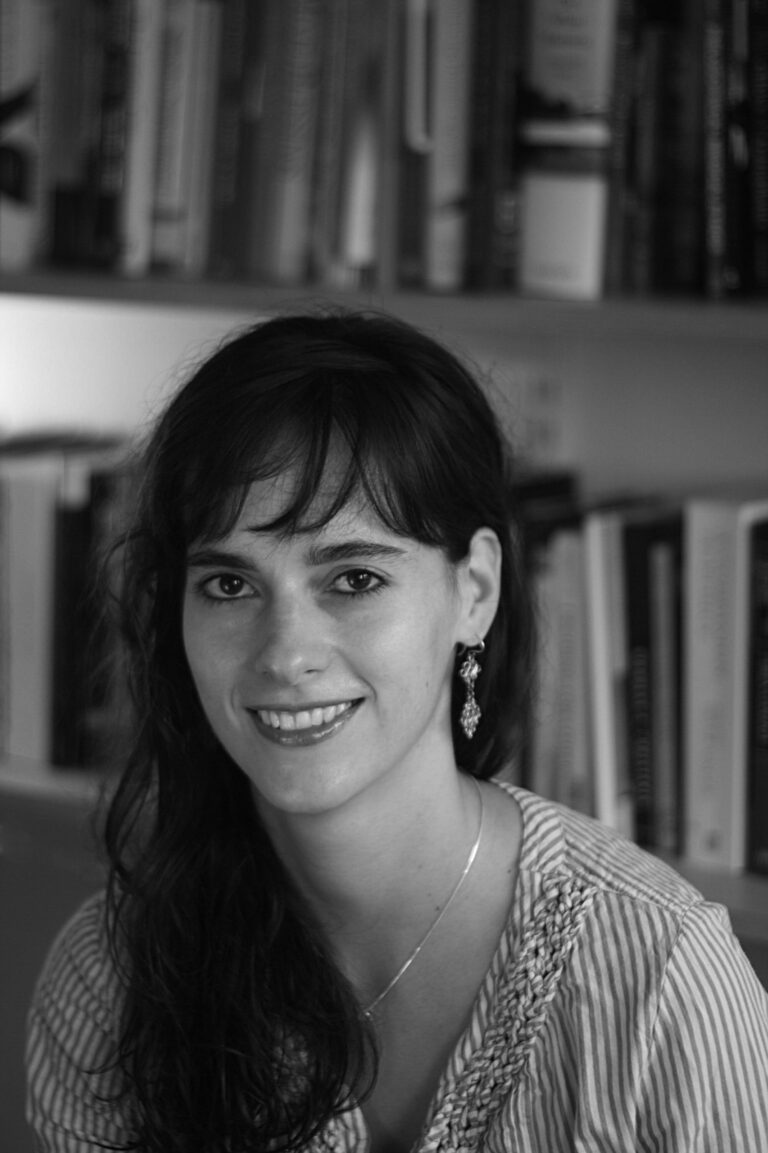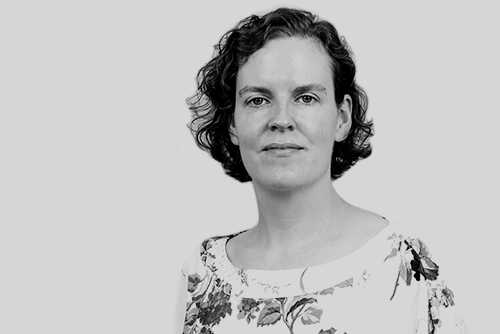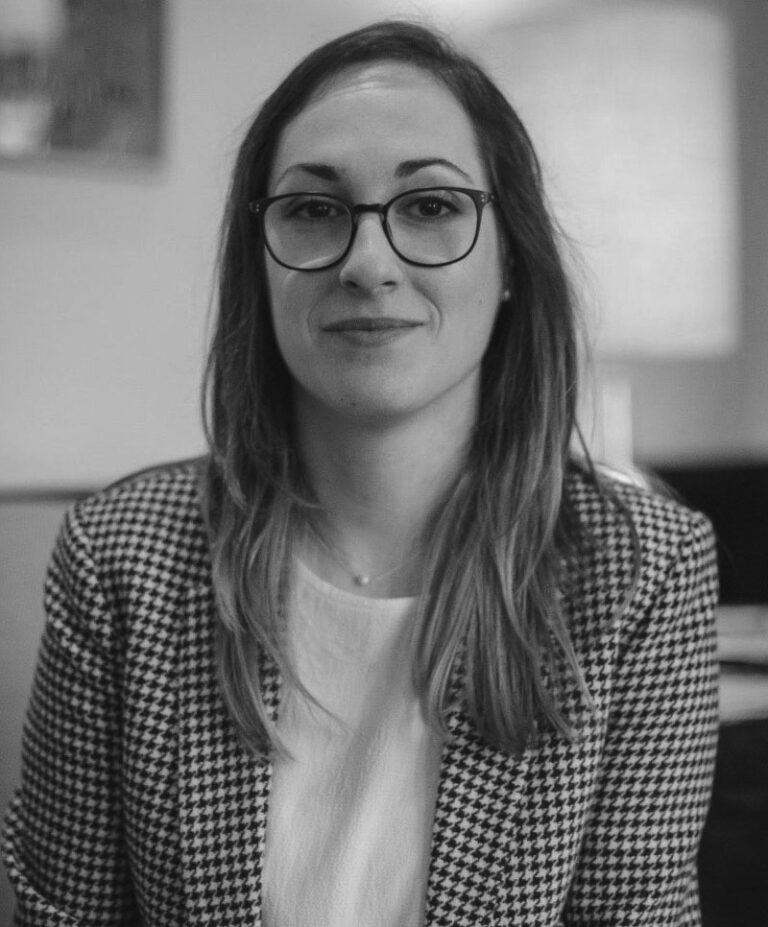Luciano Floridi
Digital Catapult Ethics Committee Chair, Turing Fellow and Chair of the Data Ethics Group, Professor of Philosophy and Ethics of Information, University of Oxford
Luciano Floridi is Professor of Philosophy and Ethics of Information at the University of Oxford, where he directs the Digital Ethics Lab of the Oxford Internet Institute, and is Professorial Fellow of Exeter College. He is also Turing Fellow and Chair of the Data Ethics Group of the Alan Turing Institute. His areas of expertise include digital ethics, the philosophy of information, and the philosophy of technology. Among his recent books, all are published by Oxford University Press: The Fourth Revolution – How the infosphere is reshaping human reality (2014), winner of the J. Ong Award; The Ethics of Information (2013); The Philosophy of Information (2011); The Logic of Information (forthcoming in 2019).











